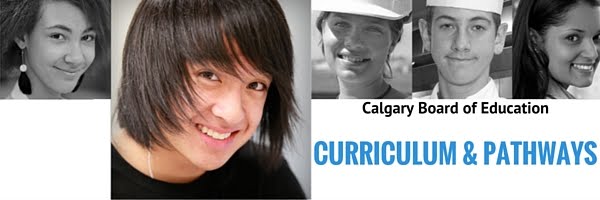Matt Crawley
The
original idea was to develop a method for students to take a digital
photograph/image and make a multi-layer print using traditional woodcut
printmaking methods. The goal was to use
digital technologies to separate the photo into layers and use a CNC machine to
carve the woodblocks.
After having the idea
of using a CNC machine (computer programmed router) to cut woodblocks for
printmaking (and making it much easier to create multi-layered prints), I did
some research which led me to a Kansas City based artist named Mike Lyon http://mlyon.com/ . We ended up exchanging a few emails, which gave
me the confidence that students would be capable of this work, and that it is
not cheating, but in many ways, expands the learning opportunities
exponentially. I’m grateful for his
openness about his process and his support.
In the example shown (Mike Lyon’s “Rod”), the original image
has been separated into 16 layers of “luminosity” using Adobe Photoshop (or
similar) and then a reverse image woodblock was cut using a CNC router for each
layer. Then each layer gets printed
separately on a press using progressively darker shades of ink. The result is an ink print with photographic
qualities.
For art students,
this project exposes them to technologies not traditionally associated with
printmaking; however, they certainly have a role to play, and more importantly
are widely used in various industries, from graphic arts, to cabinetmaking and
machining.
Sharon Marriott and Lorraine Mageau, the art teachers at
William Aberhart High School, have offered great support with the printmaking
side of this project, helping to source the right ink and paper to use with the
woodblocks and setting the printing press.
To experiment, we made a two layer image from a local historical
photograph. After a lot of trial and
error, from Photoshop, to the CNC, to the printing process, we arrived at the
right combination of variables to make successful prints. It has taken a long timeframe of short
moments of collaboration. Sharon and
Lorraine are, now, shopping the idea to some of their Art students who they
think might be interested in pursuing this as an independent project for their
portfolios. I’m looking forward to
seeing what the students do with it.
There is an excellent book, called “Post-Digital
Printmaking” that is worth reading for anyone with an interest in this
subject. This links to the chapter on
Mike Lyon and his process: http://mlyon.com/2012/post-digital-printmaking/

No comments:
Post a Comment